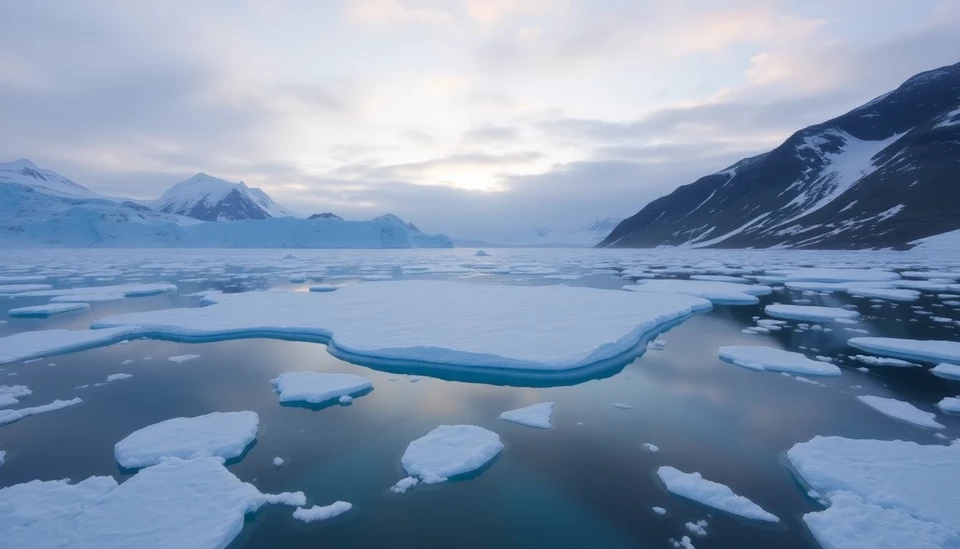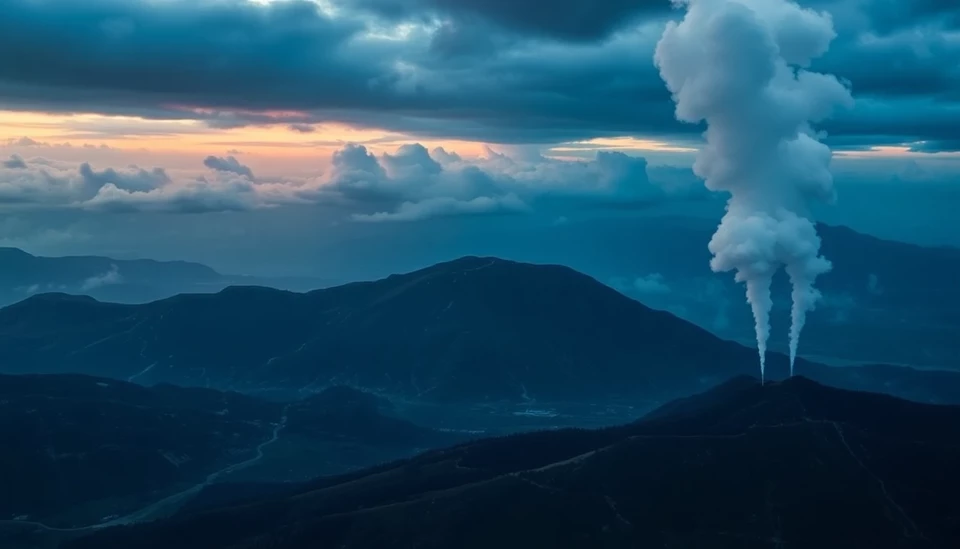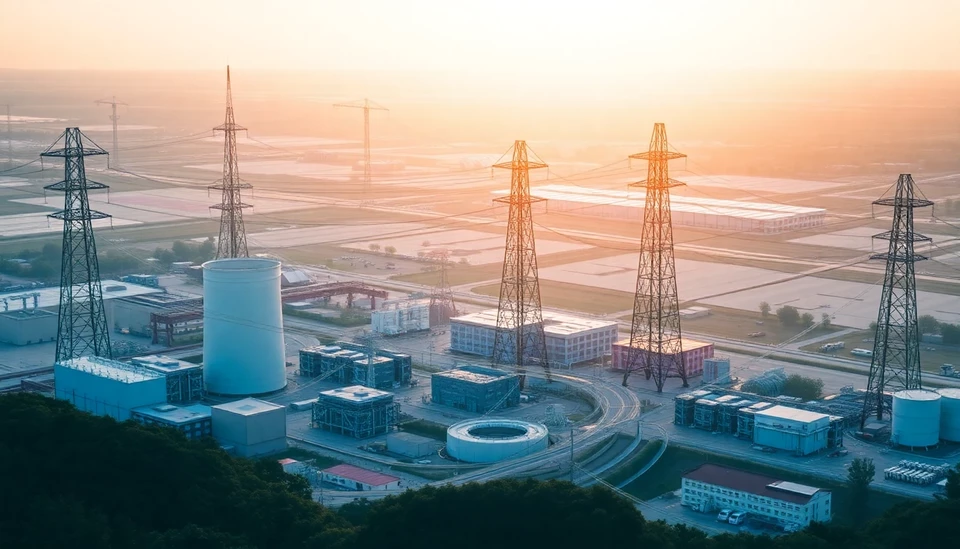
Perhaps most alarmingly, the continent has recorded its lowest levels of winter sea ice in both 2023 and 2024, according to recent measurements. The documentation forms part of an ongoing effort that tracks changes in polar regions around the world as a means of charting the different ways that climate change is manifesting.
It includes a massive shrinkage of the winter sea ice extent, according to new findings that were reported in the first week of October 2024. These unprecedented lows are also a pointer to urgent concerns involving climate change. The revelation, based on satellite observations and comprehensive data analysis, comes from climate scientists studying the accelerated impacts of global warming on our planet's polar zones.
It has always happened that Antarctic sea ice reaches its maximum during the austral winter months, when the water temperatures are really low. During the last decades, it has spanned an area of about 18 million square kilometers at most. But in reports, there was a disturbing and marked change from these traditional trends since it confirmed a remarkable decline in the coverage of sea ice in recent seasons of winter.
Decreasing extent of the sea ice in winter is further proof of how quickly the Earth's climate is changing, as the Antarctic ice is considered crucial in global temperature and rise in sea levels. Polar ice, when melting, contributes to the rise in sea levels and affects biodiversity, ocean currents, and weather patterns across the world.
Accordingly, ineptness in effectively curbing further greenhouse gas emissions might lead to further frequencies of polar ice dynamics disruptions that are far more severe. These changes have broad-ranging implications for ecosystems and human societies worldwide, particularly those living in low-lying coastal areas at high risk of flooding.
In fact, these developments are watched keenly by the scientific community, which warns of the need for immediate concerted global action in trying to avert the compounding effects of climate change. Scientists emphasize that it is urgent to adopt policy measures in decreasing carbon emissions and ask all levels of stakeholders to try and find solutions to these challenges so that future generations may enjoy environmental stability.
#ClimateChange #Antarctica #SeaIce #GlobalWarming #PolarRegions #EnvironmentalImpact #GreenhouseGases #ClimateScience #Sustainability
Author: Sophie Bennett




